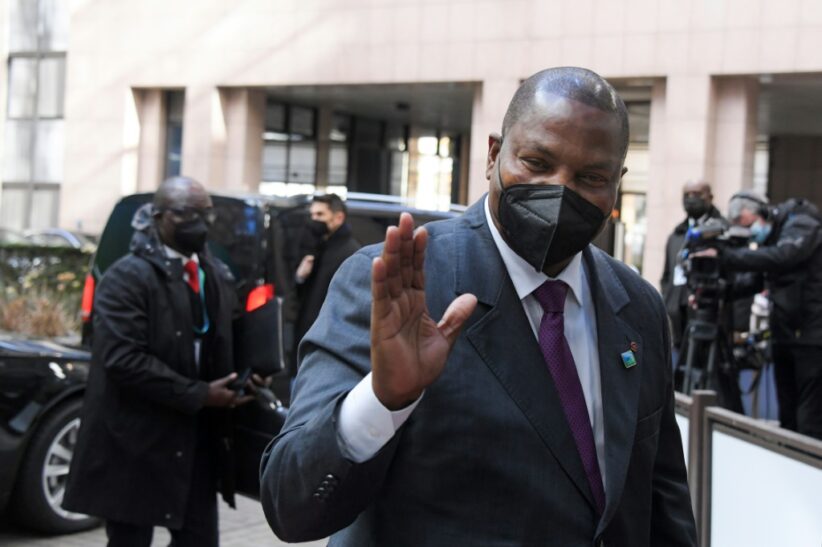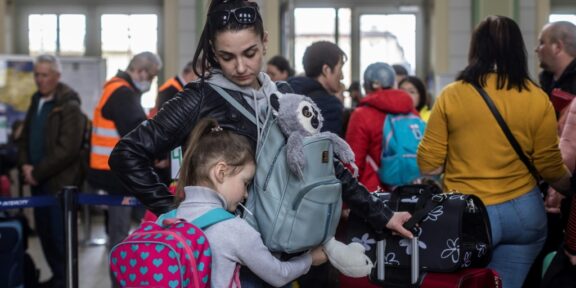he Central African Republic (CAR) says it has launched an investigation into four French Foreign Legionnaires who are part of the UN peacekeeping mission in the strife-torn country, as the UN chief demanded their release.
The four were arrested on Monday, sparking accusations on social media that they had planned to “assassinate” President Faustin Archange Touadera — allegations that coincide with a row with France over Touadera’s use of Russian paramilitaries.
The CAR public prosecutor late Tuesday said the soldiers — “of French, Italian, Romanian and Bulgarian nationality” — were arrested outside Bangui airport.
They had been travelling in an unmarked car and were dressed in camouflage uniform and were heavily armed, the prosecutor’s office said.
It announced the opening of a “routine inquiry to shed light on the facts.”
UN Secretary-General Antonio Guterres “strongly condemned” the arrest.
As part of the UN’s peacekeeping force MINUSCA, the four “enjoy privileges and immunities which are held in the interest of the United Nations,” his spokesman Stephane Dujarric said in a statement.
That includes a “specific procedure” for when a member of MINUSCA is suspected of having committed an offence — a procedure which Dujarric said had “not been followed.”
They must be released “unconditionally and without delay,” he said.
– ‘Systemic’ violence –
The French army and the United Nations say the four had been providing a security escort for General Stephane Marchenoir, a Frenchman who heads the MINUSCA in the deeply troubled CAR.
He had gone to the airport to take a plane for Paris, they say.
But rumours instantly circulated on social media — condemned as false or manipulative by France and the UN — saying the Legionnaires had planned to “assassinate” Touadera, whose motorcade was to pass nearby.
A senior UN official in the CAR met Touadera in a bid to secure their release, a UN spokesman said in New York on Tuesday.
The incident coincided with French and US allegations at the UN Security Council on Tuesday that “mercenaries” from Russia’s Wagner group, hired by the CAR, killed dozens of civilians last month.
“The violence is systematic, deliberate… aimed at provoking terror to control certain areas of land and extract profit,” the French ambassador to the UN, Nicolas de Riviere, charged.
The CAR plunged into bloodshed along sectarian lines in 2013 when the then president, Francois Bozize, was toppled by a predominantly Muslim militia.
Military intervention by France, the country’s former colonial power, helped stabilise the situation, enabling the deployment of MINUSCA.
But peace today remains elusive, and powerful armed groups that arose during the conflict retain significant clout.
A coalition of them tried to topple Touadera ahead of elections in December 2020, but were thwarted after Russia flew in hundreds of paramilitaries and Rwanda sent its own military contingent.
The Kremlin describes the Russians as “unarmed instructors,” while the UN and France say they are Wagner personnel who have carried out repeated abuses.
With the Russians’ help, the beleaguered CAR armed forces have regained control over the major cities.
The rebels have been forced into the countryside, where they launch attacks on the security forces and civilian






